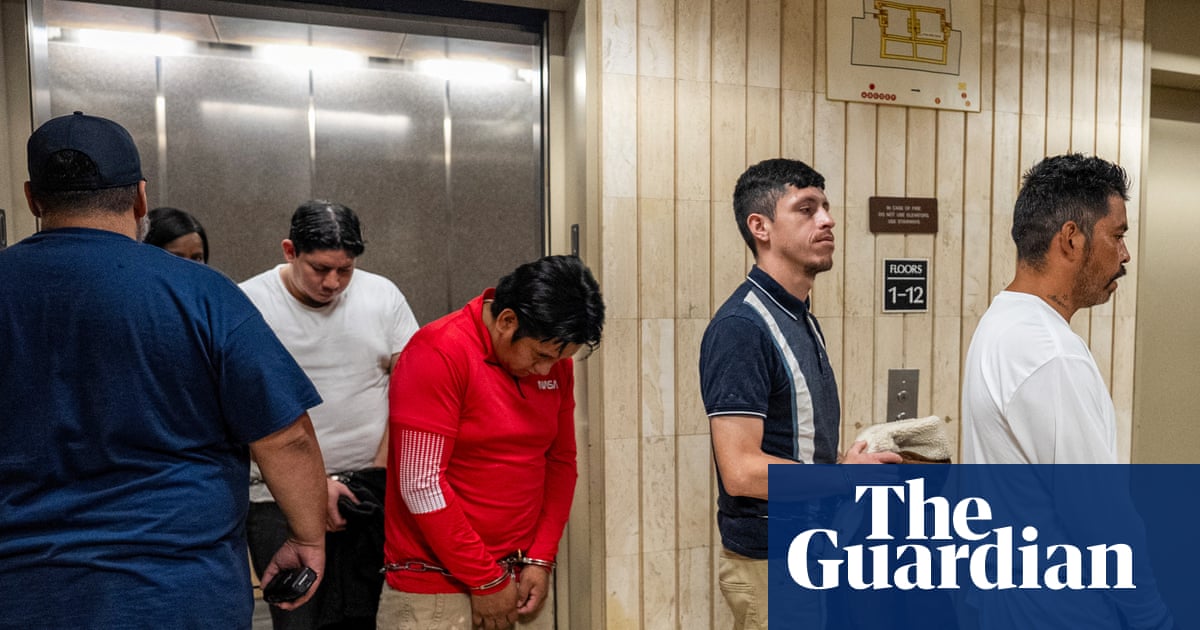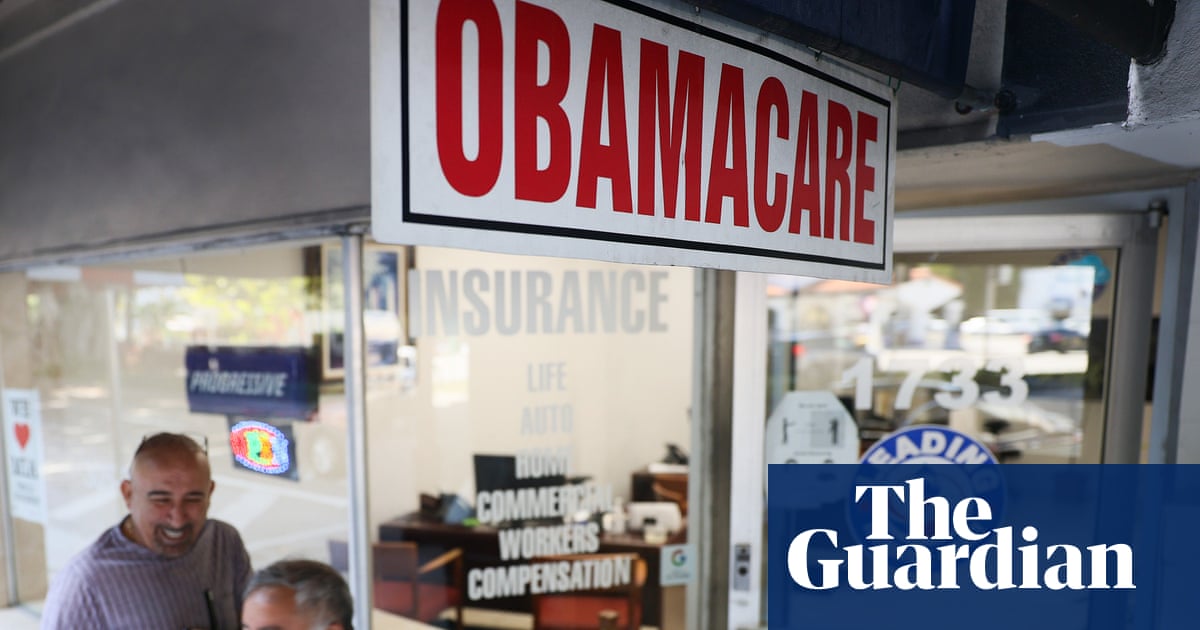SANTA FE, N.M. (AP) — New Mexico's Democratic lawmakers were set to meet Wednesday to begin shoring up safety net spending in response to President Donald Trump’s recent cuts in a top state for participation in Medicaid and federal food assistance.
Legislators are seeking new food assistance spending, while Gov. Michelle Lujan Grisham is calling for a quick response to federal Medicaid and tax cuts signed by Trump. She wants to provide state grants that can stabilize health care services in rural areas where clinics and hospitals often rely heavily on Medicaid.
The governor also wants to expand state insurance subsidies on the Affordable Care Act exchange. Exchange subsidies are a sticking point in the federal budget standoff in Washington.
“We're not going stand by while Washington abandons New Mexico families,” Lujan Grisham said Tuesday. “This special session is about protecting the people who need help most.”
Leading Democratic legislators also want to backfill federal spending cuts to public broadcasting. New Mexico could also become the latest state to break with the federal government on vaccine policy and recommendations.
Food assistance
Nearly one-fourth of New Mexico residents receive food assistance through the Supplemental Nutritional Assistance Program.
“It’s really the first line of defense. It’s not our only solution to food insecurity, but it’s a big one,” said Sovereign Hager, legal director at the New Mexico Center on Law and Poverty.
New Mexico legislators are considering a quick infusion of state spending on food assistance through SNAP, as well as support for food banks and distribution networks.
Trump plans to expand work and reporting requirements for SNAP participants, end eligibility for many noncitizens, and alter deductions.
Jasmin Jaquez of Sunland Park says SNAP changes are looming over her final year at New Mexico State University. She said she and her 7-year-old son rely on the program.
“It's one big, huge help that's getting me through college, and attending full-time," she said.
Rural health care
Grants have been proposed to help services continue at rural health clinics and hospitals that rely heavily on Medicaid spending. Rural health care providers across the country are preparing to lose billions of dollars from Trump’s signature tax and spending cut bill signed into law this summer.
Trump's bill sets aside $50 billion over five years for rural hospitals, providers and clinics — but that doesn't offset significant cuts. The stakes are high in New Mexico, where about 38% of residents rely on Medicaid.
New Mexico may also expand subsidies toward the federal insurance exchange that covers about 75,000 state residents.
Democratic House Speaker Javier Martínez of Albuquerque acknowledges that many federal health care changes don’t kick in until 2027 or later, but says that funds for rural health care and to offset other cuts are urgent.
New Mexico expects to lose about $200 million annually because of new federal tax cuts, but starting this fiscal year, it still has a large surplus thanks to booming oil production.
Vaccines
Many Democratic-led states have begun making their own recommendations for who should be vaccinated for seasonal respiratory viruses, including the flu and COVID-19, saying the Trump administration has jeopardized public health by politicizing the U.S. Centers for Disease Control and Prevention.
New Mexico lawmakers are considering a similar shift to state standards for the immunization of children and adults.
Changes are needed for access, consistency on childhood vaccines and to give the state's health department flexibility so that residents can have options, said Democratic state Sen. Majority Leader Peter Wirth of Santa Fe.
Rural radio
New Mexico legislators are considering spending millions of dollars for public broadcasters in television and radio as federal funds dry up.
The Corporation for Public Broadcasting, which finances NPR and PBS, has announced its closure after being defunded by Congress. Trump also signed federal legislation in July that rescinds more than $1 billion earmarked for public broadcasters.
The claw-back sent shock waves through at least 13 public public radio and television broadcasters across New Mexico, said Franz Joachim, General Manager at New Mexico PBS.
“We no longer had two years to figure out how to survive, we had two months,” said Joachim, who oversees a staff of 50.
Small public radio stations serving remote areas of the country, often beyond internet or cell service, are confronting an uncertain future. Many, including five tribal radio stations in New Mexico, relied on community public service grants from the Corporation for Public Broadcasting, said Loris Taylor, president of Native Public Media.
She warned of stark consequences for public safety initiatives, including the recent deployment of emergency broadcast alert systems for missing and murdered Indigenous people.
“They're communication hubs, and they're also safety hubs,” she said of New Mexico's public radio stations. “What you want are informed citizens.”

 German (DE)
German (DE)  English (US)
English (US)  Spanish (ES)
Spanish (ES)  French (FR)
French (FR)  Hindi (IN)
Hindi (IN)  Italian (IT)
Italian (IT)  Russian (RU)
Russian (RU) 























Comments